Learning Integrity
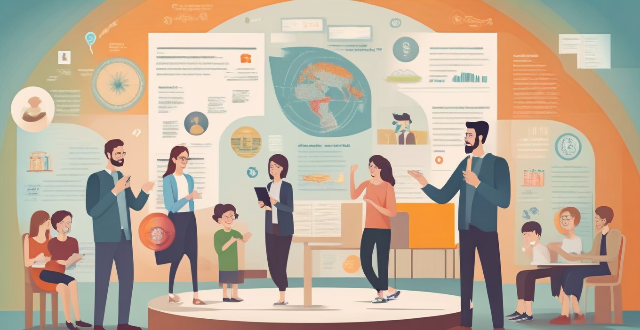
How has the COVID-19 pandemic affected issues of academic integrity, especially with online learning ?
The COVID-19 pandemic has significantly impacted academic integrity in the education sector, particularly due to the shift to online learning. The increased opportunities for cheating during online examinations and plagiarism are major concerns. Difficulty in maintaining academic integrity standards, potential for misunderstandings and miscommunications, and strategies to address these challenges are also discussed.

What is academic integrity ?
Academic integrity is a fundamental principle governing the conduct of research, teaching, and learning in academic institutions. It encompasses values and ethical standards promoting honesty, fairness, respect, and responsibility among students, educators, and researchers. The goal is to maintain trustworthiness and credibility by adhering to high ethical standards. Core values include honesty, fairness, respect, and responsibility. Key aspects are avoiding plagiarism, fabrication, cheating, multiple submissions, and collusion. Violating academic integrity can lead to loss of reputation, disciplinary action, legal consequences, diminished career prospects, and ethical implications. Adhering to academic integrity promotes a fair and just academic environment.

What are the consequences of violating academic integrity principles ?
Violating academic integrity principles can lead to serious consequences on both individual and institutional levels, including academic penalties, damage to reputation, difficulty gaining acceptance into programs or securing employment, emotional distress, and potential loss of accreditation for institutions. It is essential for students to understand the importance of maintaining academic integrity to protect their personal and professional futures, as well as the reputation of their educational institutions.

What is the role of peer pressure in maintaining or undermining academic integrity ?
Academic integrity is a commitment to honesty, trust, fairness, respect, and responsibility. Peer pressure can play a positive role in maintaining academic integrity by encouraging ethical behavior, promoting collaborative learning, and providing support and encouragement for students. However, peer pressure can also undermine academic integrity by promoting cheating and plagiarism, disrupting collaborative learning environments, and stigmatizing help-seeking behavior. It is essential to recognize the potential impact of peer pressure on academic integrity and work to foster an environment that supports ethical behavior and discourages cheating and plagiarism.

In what ways does academic integrity relate to professional ethics ?
**Academic Integrity and Professional Ethics: An Interconnected Relationship** The concepts of academic integrity and professional ethics are fundamentally interconnected, sharing principles like honesty, fairness, responsibility, respect, and courage. Academic integrity lays the groundwork for professional ethics by instilling foundational skills such as critical thinking, research integrity, and ethical decision-making. These skills transition from academia to profession, building reputations for reliability and trustworthiness. Therefore, promoting academic integrity is crucial not only for the academic community but also for the broader professional world.
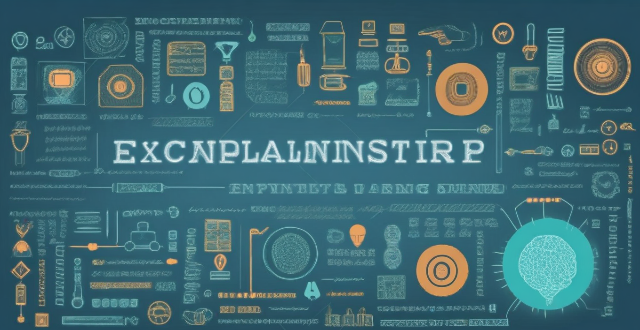
How does academic integrity relate to the concept of intellectual property ?
The text explores the relationship between academic integrity and intellectual property. It defines academic integrity as the core values of scholarly work, including honesty, trust, fairness, respect, and responsibility, which are essential in research, teaching, and publishing. Intellectual property, on the other hand, refers to legal protections that give creators exclusive control over the use of their creations of the mind. The intersection of these two concepts is discussed in terms of respect for original work, protection of ideas, promotion of innovation, and ethical considerations. Both academic integrity and intellectual property laws stress the importance of respecting original work and protecting ideas. They also promote open access and sharing of knowledge while ensuring responsible conduct of research. The text concludes that upholding academic integrity contributes to a robust system of intellectual property that benefits society as a whole.
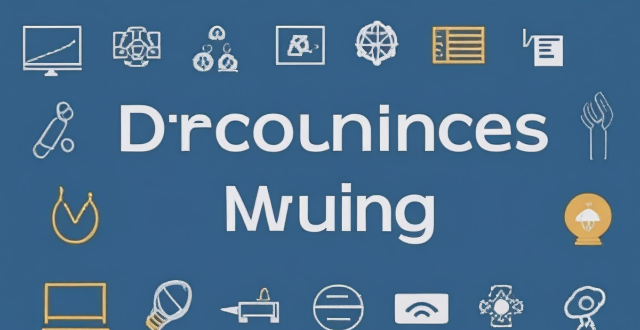
What is the difference between collaborative work and collusion in terms of academic integrity ?
The text discusses the differences between collaborative work and collusion in academic settings. Collaborative work is defined as a transparent process where individuals share ideas, resources, and skills for a common goal, distributing credit fairly and adhering to ethical standards. In contrast, collusion involves deceitful actions like plagiarism or falsifying data, aiming for unfair advantage and often resulting in severe penalties and reputational damage. The distinction is crucial for maintaining academic integrity and promoting an environment of honesty and transparency.

What are the long-term effects of breaches in academic integrity on one's career ?
The long-term effects of breaches in academic integrity can be severe and far-reaching, including damaged reputation, limited career opportunities, and potential legal consequences. It is essential for students, researchers, and educators to uphold the principles of academic integrity to ensure the success of their careers and the integrity of their respective fields.
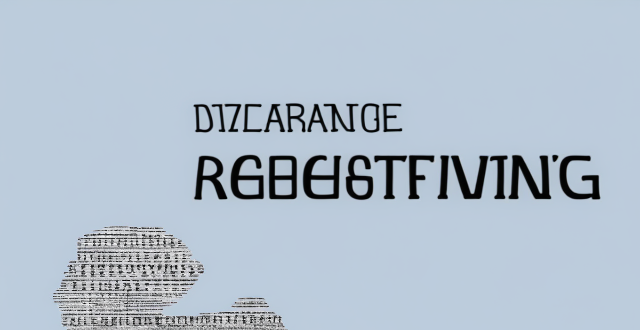
How can students maintain academic integrity in their studies ?
The text discusses the importance of maintaining academic integrity in education and outlines several ways for students to do so. It emphasizes understanding the concept of academic integrity, adhering to school policies, citing sources properly, avoiding plagiarism, being honest in assessments, respecting intellectual property rights, maintaining confidentiality, reporting incidents of misconduct, and seeking help when needed. The text concludes that maintaining academic integrity is crucial for students to achieve success in their academic pursuits and beyond.

Are there any cultural differences in perceptions of academic integrity ?
The perception of academic integrity can vary across cultures due to differences in values, beliefs, and practices. In individualistic cultures, academic integrity is often viewed as an individual responsibility, while collectivist cultures place more emphasis on group harmony and cooperation. Power distance can also influence perceptions of academic integrity, with high power distance cultures being more reluctant to report instances of academic dishonesty. The concept of time can also play a role, with monochronic cultures prioritizing efficiency over quality, while polychronic cultures focus on building relationships. Attitudes towards rules and regulations can also vary across cultures, with rule-based cultures viewing academic integrity as a set of strict rules, while relation-based cultures view it as something that depends on the relationship between individuals. Understanding these cultural differences can help educators design effective strategies to promote academic integrity among diverse student populations.
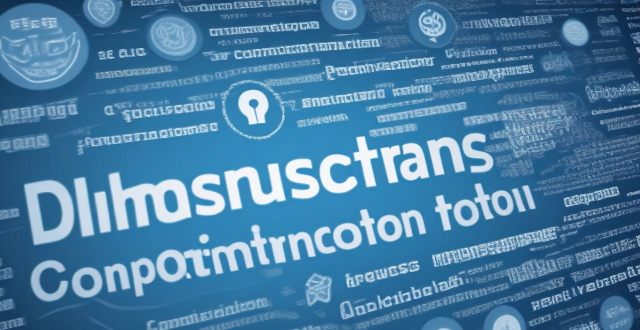
How do communication protocols ensure data integrity and security during transmission ?
The text discusses the role of communication protocols in ensuring data integrity and security during transmission. It outlines mechanisms such as checksums, sequence numbers, acknowledgments for maintaining data integrity, and encryption, authentication, and secure protocols for ensuring data security. The article emphasizes that adhering to these rules allows devices to communicate reliably and securely over networks.

Why is academic integrity important in education ?
Academic integrity is crucial in education as it promotes honesty, builds trust, ensures fairness, cultivates respect, and develops responsibility. It prevents damage to reputation and erosion of confidence in research, while also ensuring actual learning outcomes. Educators must reinforce these principles to create a culture that values honesty and excellence in scholarship.
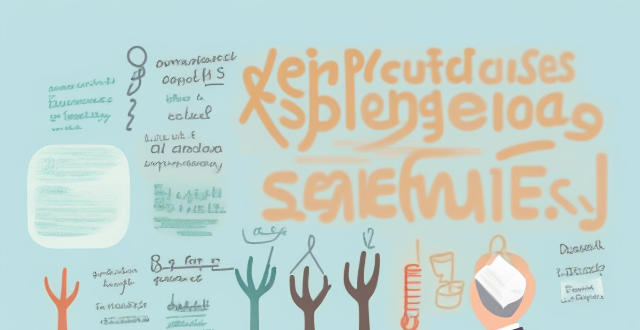
How can students with English as a second language be supported in understanding and applying academic integrity standards ?
The text discusses the importance of supporting students with English as a second language (ESL) in understanding and applying academic integrity standards. It outlines four key strategies for doing so: providing clear explanations, accessible resources, open communication, and extra support. Clear explanations should cover what constitutes academic dishonesty, the consequences of violations, and how to avoid dishonesty. Accessible resources such as glossaries, guides, and videos can help ESL students understand these concepts better. Encouraging open communication between students and instructors can address concerns and questions about academic integrity. Providing extra support through tutoring services, workshops, and peer mentoring programs can further assist ESL students in adhering to academic integrity standards.
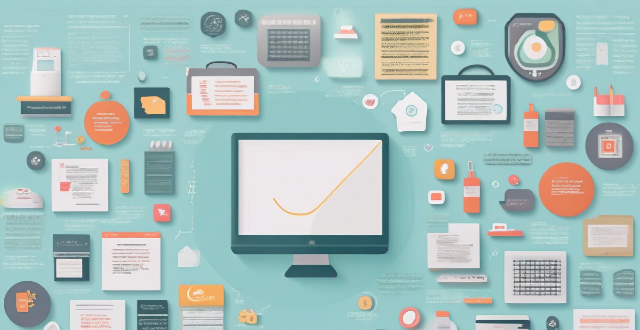
How does technology impact academic integrity, particularly regarding plagiarism ?
Technology has significantly impacted academic integrity and plagiarism in the educational world. The rise of plagiarism detection software has increased awareness and improved the quality of student work but may also lead to false positives and overreliance on technology. Evolution of writing and research tools makes information more accessible yet poses risks like plagiarism opportunities and lack of critical thinking. Social media and collaborative platforms facilitate collaboration and networking but can also contribute to plagiarism risks and distractions. It is crucial for educators to promote ethical practices while leveraging technology's benefits for learning and collaboration.
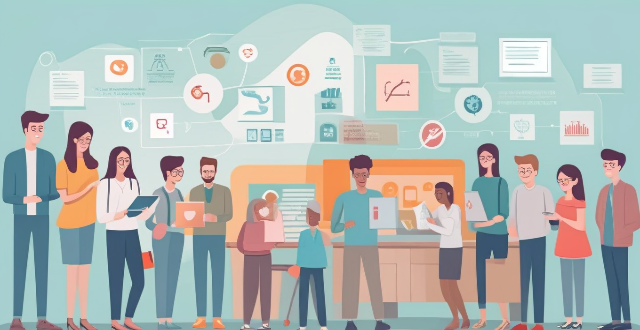
How can schools address the issue of contract cheating, where students pay others to complete their assignments or exams ?
Addressing contract cheating in schools is crucial for maintaining academic integrity. Effective measures include using advanced plagiarism detection tools, educating students on academic integrity, encouraging open discussions, providing support services, and collaborating with parents and guardians. These strategies can deter students from engaging in contract cheating and promote a culture of original work.
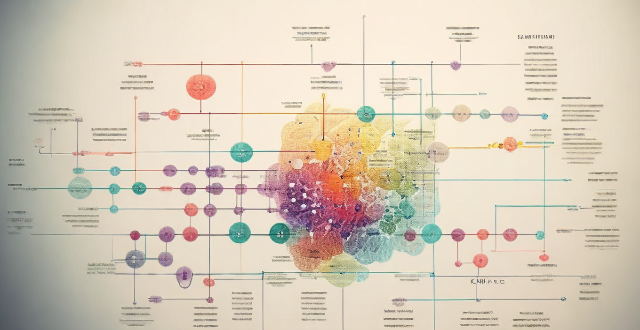
What are some effective strategies for lifelong learning ?
Lifelong learning is crucial for personal growth and adaptability. Effective strategies include setting clear goals, creating a learning plan, leveraging technology, practicing active learning, seeking mentorship, and embracing failure for continuous improvement.
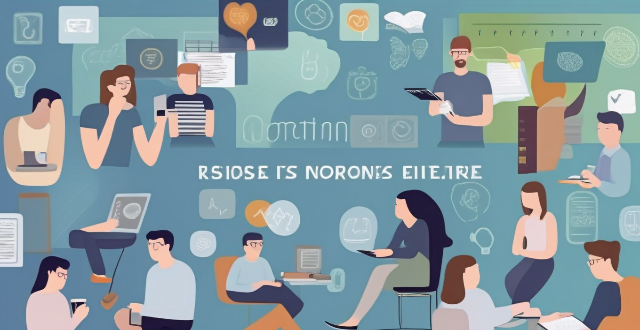
Can you recommend any good online learning resources for language learning ?
Here are some good online learning resources for language learning: Duolingo, Rosetta Stone, Memrise, Babbel, italki, Lingoda, Busuu, Coursera, Edx, and FluentU. These platforms offer courses in various languages and use different approaches to teaching, such as interactive lessons, immersive experiences, flashcards, conversation skills, one-on-one tutoring, and real-world videos.
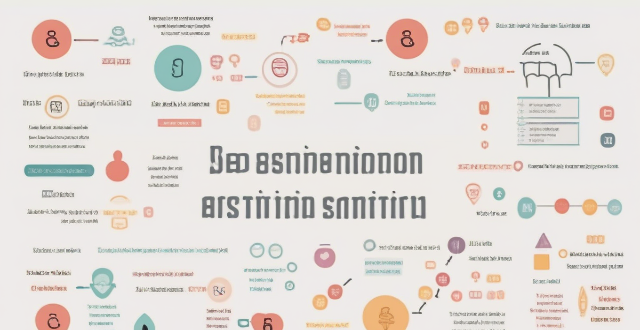
How can I develop a habit of lifelong learning ?
Lifelong learning is crucial for staying relevant and competitive. To develop this habit, set clear goals, create a learning plan, make learning part of your daily routine, embrace challenges, stay curious, connect with others, reflect on your journey, and continuously update your skills.
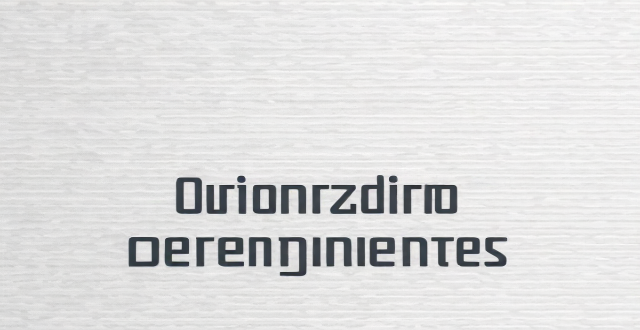
What are the best online learning resources for beginners ?
The text provides a list of online learning resources for beginners, including Khan Academy, Coursera, edX, Udemy, Codecademy, Duolingo, Skillshare, and LinkedIn Learning. Each resource offers courses in various subjects, from computer science to language learning, and many are free or have affordable options available.
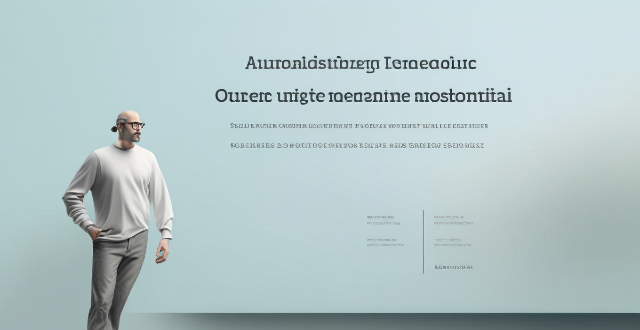
How can employers encourage and support lifelong learning among employees ?
Employers can support lifelong learning by offering resources, encouraging participation in training programs, providing opportunities for career development, and creating a collaborative learning environment.
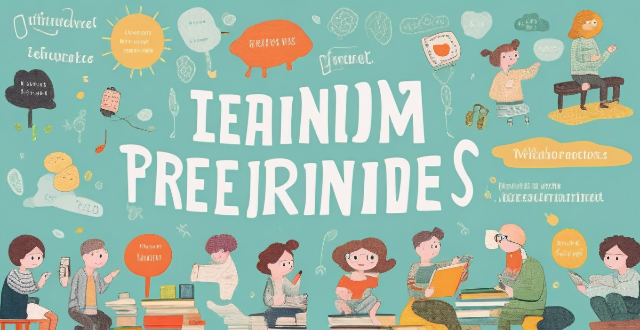
Are there any good online learning resources for language learning ?
Good online learning resources for language learning include Duolingo, Memrise, Rosetta Stone, Babbel, and Busuu. Each platform has its unique features and strengths, such as interactive lessons, memory techniques, immersive experiences, conversational focus, and community support. These resources can help learners achieve fluency in their target language by providing engaging and effective ways to learn vocabulary, grammar, pronunciation, and cultural insights.
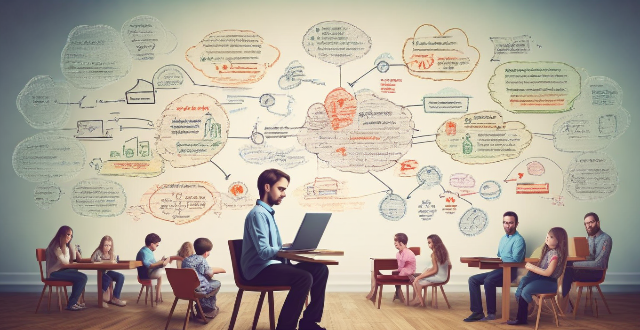
What are some benefits of using online learning resources compared to traditional classroom learning ?
Online learning resources offer advantages over traditional classroom learning, including flexibility and convenience, cost savings, personalized learning experiences, exposure to diverse cultures, and development of technology skills.
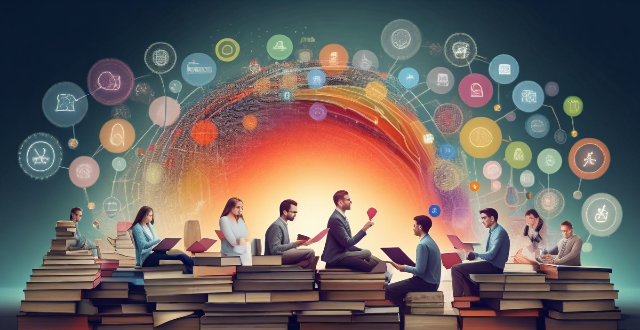
What is lifelong learning and why is it important ?
Lifelong learning is the continuous process of acquiring new knowledge, skills, and attitudes throughout one's life. It is important for personal development, professional growth, social contribution, economic benefits, health and well-being, and global citizenship. To embrace lifelong learning, individuals can set learning goals, create a learning plan, seek out opportunities, stay curious, reflect on their learning, and share their knowledge with others.
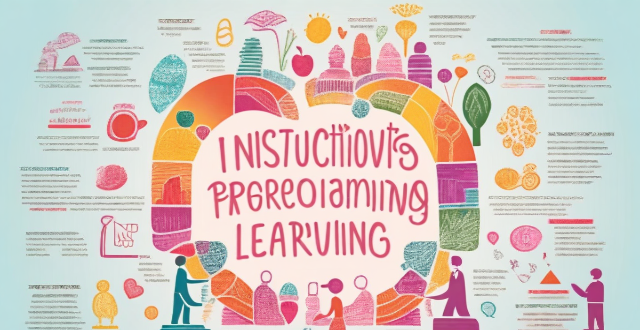
What role do educational institutions play in promoting lifelong learning ?
Educational institutions promote lifelong learning by encouraging a love for learning, providing access to educational resources, offering continuing education opportunities, and fostering collaboration and partnerships.

How do I start learning golf ?
Golf is a popular sport that can be enjoyed by people of all ages and skill levels. If you're interested in learning how to play golf, here are some steps to help you get started: 1. Understand the basics of golf, including the rules and etiquette. 2. Choose the right equipment, such as a set of beginner-friendly clubs. 3. Take lessons with a PGA professional for personalized instruction. 4. Practice regularly at a driving range, putting green, or chipping area. 5. Play on an actual golf course once you've gained confidence from practicing. 6. Join a golf community to enhance your learning experience and meet other players. 7. Stay patient and have fun while enjoying the process of learning and playing golf.
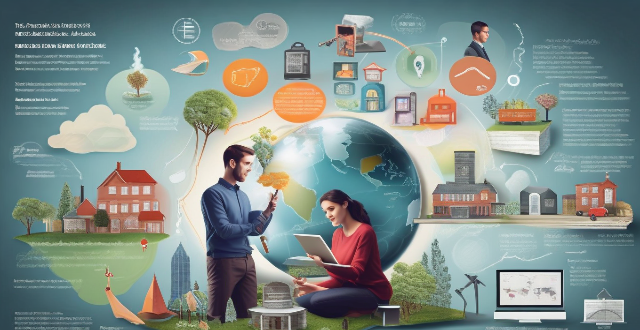
How does technology facilitate lifelong learning ?
Technology has revolutionized education, making it more accessible, interactive, and personalized. It facilitates lifelong learning through online resources, digital libraries, simulation software, gamification, adaptive platforms, mobile learning, social media groups, online workshops, instant feedback, cost efficiency, and globalization of education. Technology offers a wealth of benefits for learners of all ages and backgrounds.
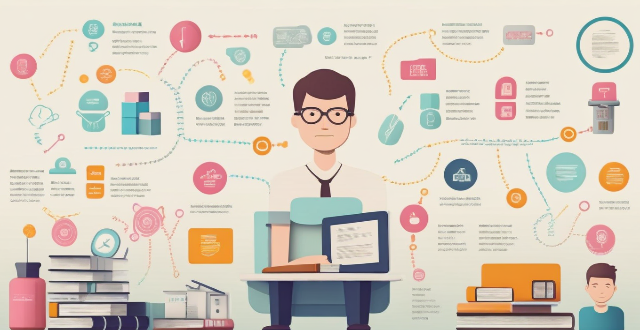
What are the benefits of using a remote education platform for learning ?
Using a remote education platform for learning offers numerous benefits that enhance the overall learning experience, including flexibility and convenience, personalized learning, collaboration opportunities, cost savings, access to quality education, improved learning outcomes, and environmental sustainability.
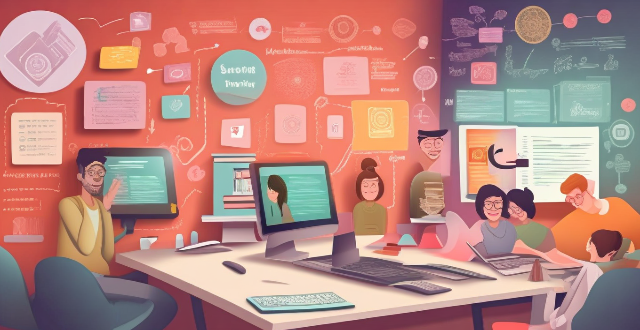
How does personalized learning through adaptive software benefit students ?
Adaptive software in education offers personalized learning experiences, enhancing student engagement, academic performance, and key skill development. It supports inclusive education, prepares students for future challenges, and makes learning more efficient and effective.
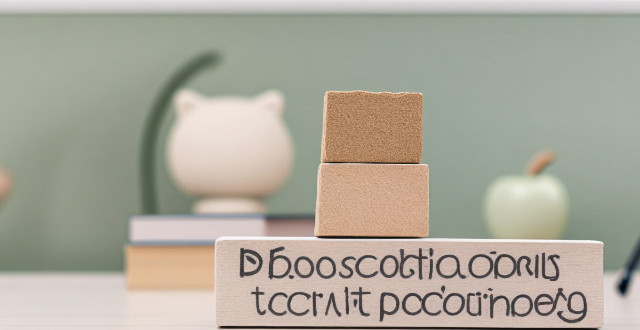
How does educational psychology impact student learning ?
Educational psychology plays a crucial role in understanding and enhancing student learning. It helps educators understand cognitive development, enhance motivation and engagement, promote social-emotional learning, address diverse learning needs, and evaluate teaching strategies and interventions. By incorporating insights from educational psychology into their practice, teachers can create a more effective and supportive learning environment for all students.

How does lifelong learning impact career development ?
Lifelong learning is a continuous process of acquiring new knowledge and skills that can significantly impact career development. It enhances skills, adaptability, creativity, personal growth, networking opportunities, and career longevity. By engaging in lifelong learning, individuals can stay relevant in their professions, adapt to changing job requirements, and increase their chances of career success.